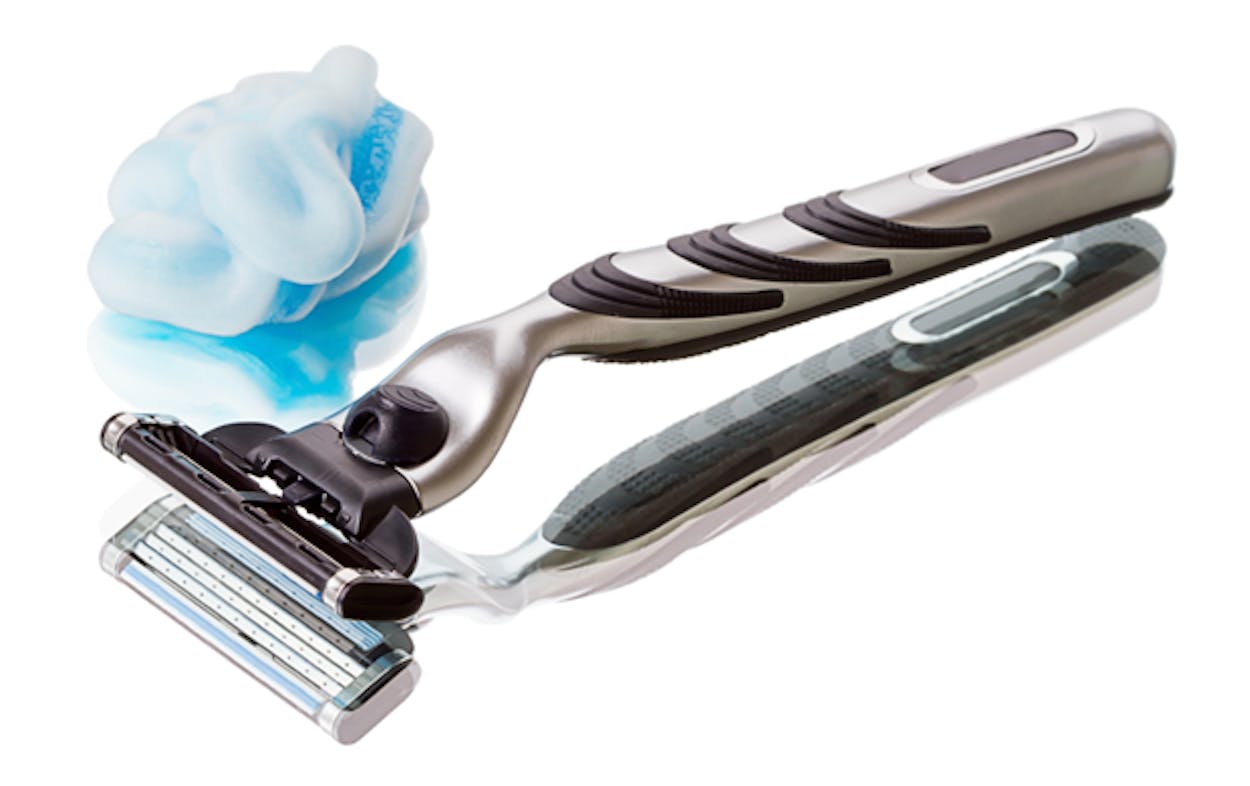A Muslim prisoner in Beeville who would like to grow a beard is taking his grievances to court, claiming the Texas Department of Criminal Justice’s facial hair ban violates his First Amendment rights.
In his lawsuit, Kenneth Hickman claims that, as a devout Muslim, he must have a beard, according to the Austin American-Statesman‘s Jazmine Ulloa. Hickman, who is serving a forty-year sentence for a 1992 murder in Harris County, wrote that correctional officials have “harassed him and demanded he shave” when he grows even a short beard.
Hickman, 49, complains in his lawsuit that another Muslim inmate in the McConnell Unit, Willie Garner, is allowed to wear a quarter-inch beard, after he prevailed in his federal civil lawsuit against TDCJ last May.
But officials hold that beards are unsafe, as they make inmates harder to identify and “could be used to hide weapons or contraband,” Ulloa wrote. (While many things, including birds, could presumably be hidden in a ZZ Top-length beard, it is harder to imagine what could be obscured by a shorter one.)
The 111-page Offender Orientation Handbook that all prisoners are given upon arrival in the state prison system requires prisoners to “maintain good personal hygiene.” The handbook clearly spells out the department’s facial hair ban: “Male offenders must be clean-shaven. No beards, mustaches or hair under the lip will be allowed.” The handbook goes on to devote 66 words to the rules governing male inmates’ haircuts:
Male offenders must keep their hair trimmed up the back of their neck and head. Hair must be neatly cut. Hair must be cut around the ears. Sideburns will not extend below the middle of the ears. No block style, afro, natural or shag haircuts will be permitted. No fad or extreme hairstyles/haircuts are allowed. No mohawks, tails, or designs cut into the hair are allowed.
Rules for correctional officers are (slightly) more permissive: While correctional officers also can’t have beards, unless they suffer from a “medically diagnosed skin disorder,” mustaches are permitted, with some stipulations. “The mustache shall be neatly trimmed and shall not extend over the top lip or vertically or horizontally beyond the corner of the mouth where the lips join,” and “handlebar mustaches are prohibited,” according to the manual. Confused? TDCJ’s employee manual contains a helpful graphic, seen at left.
Beard bans have been heard in court before. In the 1990s, two Muslim police officers sued the Newark Police Department over the department’s facial hair ban after they were threatened with dismissal over their facial hair. In 1999, the Federal Court of Appeals for the Third Circuit ruled in favor of the officers and the Supreme Court refused to hear the case, allowing that decision to stand. The Newark Police Department’s beard ban did not contain any religious exemptions.







